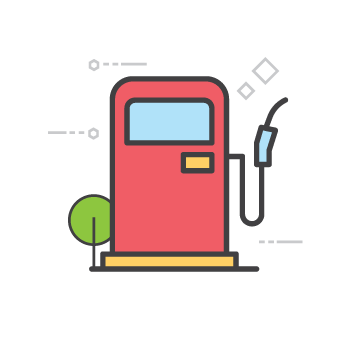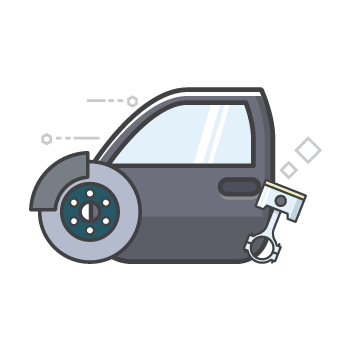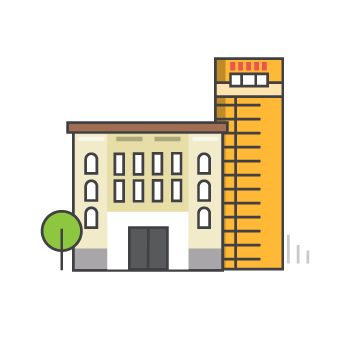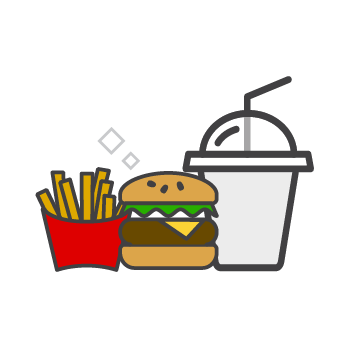Preparing for Life After COVID-19
by Stephanie Koathes Apr 20, 2020

We’re living in unusual and uncertain times. The COVID-19 pandemic has led to unprecedented shutdowns, restrictions and changes in the way we go about daily life. One day, however, we will find normalcy again.
Yello has put together some tips to help you look after your physical, mental and financial health to give you a headstart on the road to life after the coronavirus.
Maintain a schedule
It might be tempting to stay up until 2am watching TV when you know you don’t have to head into the office in the morning. However, maintaining a consistent routine and sleep schedule is essential. Poor sleep is linked to a slew of adverse effects ranging from reduced concentration to an increased risk of heart disease. Sticking to a regular sleep routine and general schedule (waking up to work, planning mealtimes and exercise etc) will make it easier to get back into the swing of things when life returns to normal.
Practise self-care
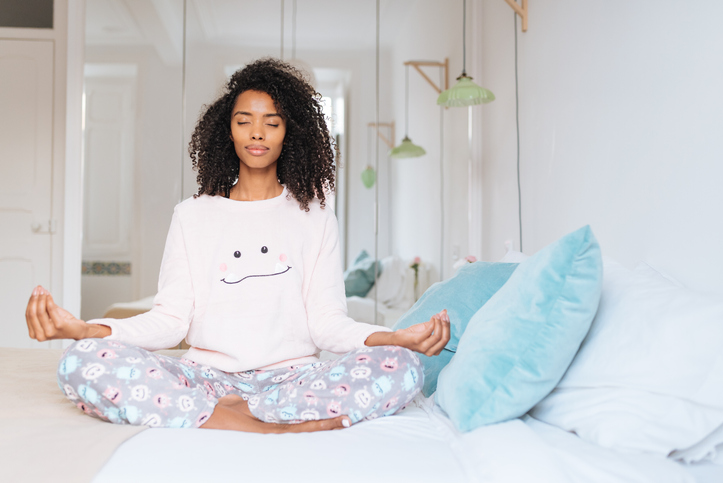
We’re living in challenging times. If you find yourself dealing with stress or anxiety, you’re not alone. Practising self-care is essential. Self-care is doing things that you enjoy and that are good for you. This could mean setting aside 20 minutes for mediation, making yourself delicious healthy meals, or doing a hobby you usually don’t have time for. Take the time to relax and decompress. Self-care isn’t selfish, and it’s looking after your mental well-being which will help you as this crisis progresses.
Stay active
Don’t turn into a couch potato! Keeping active not only keeps your body strong and keeps off excess weight, but it’s also good for your mood and immune system. When you stop exercising for a prolonged period, it makes it more challenging to get back into the habit down the line. There are many ways to get a good workout in at home and lots of free resources online. Go outside if you can, take a walk, enjoy the fresh air and vitamin D.
Eat well

Being at home isn’t an excuse to chow down on cookies and chips. Maintaining a healthy diet throughout this time of social distancing will help to keep your immune system strong. Eating healthy will also help to prevent weight gain that you’ll have to deal with later on.
Monitor your finances
Keep a tight reign on your budget and if you don’t have one, make one. Identify your income, expenses, and be clear on what are needs versus wants during this time.
If your cash flow allows, keep saving and investing as usual.
Avoid relying on your credit card. However, if you do not have enough cash in your emergency savings to cover all your expenses, use your credit card for essential purchases only. Try your best to make the minimum payment each month.
If you have loans, see how your bank can help and what options they’re offering during this crisis time if you’re having trouble with payments. Try your best to avoid borrowing additional money during these uncertain times.
Keeping a level head, avoiding panic buying, unnecessary purchases and making smart decisions is critical to recovery post-COVID-19.
Keep things running
If you’ve been under lockdown or quarantine, it’s a good idea to start your car at least once a week to avoid a dead battery. If you can take the car for a short drive around the block that’s even better, but if not, don’t worry, just starting and letting the engine run will help.
Don’t feel pressured

There are lots of people on social media sharing all the projects they’re undertaking during this time. It’s easy to feel pressured to tackle as many things as possible while staying home, and it’s also easy to feel as though you’re not doing enough. Don’t worry if you don’t write a novel or learn how to paint; it’s okay. This is a stressful time, not a competition. Taking care of yourself, relaxing, exercising, and maintaining a routine are all accomplishments and will go further in allowing you to readjust than rearranging the house.
Be grateful
Gratitude is great for your psychological well-being and can potentially help when dealing with anxiety and depression. It might be hard, but try to find at least one thing to be grateful for each day. You can institute a practice such as keeping a gratitude journal. Try practising gratitude to take care of your mental health and prepare you for a return to normal life.
Stay healthy and safe!
If you liked this article, be sure to check out our tips on avoiding boredom and loneliness while social distancing, how to work effectively from home, and how to get a good workout at home.
Sources: New York Times, Berkeley University, CDC, Psychology Today, Random Acts of Kindness



